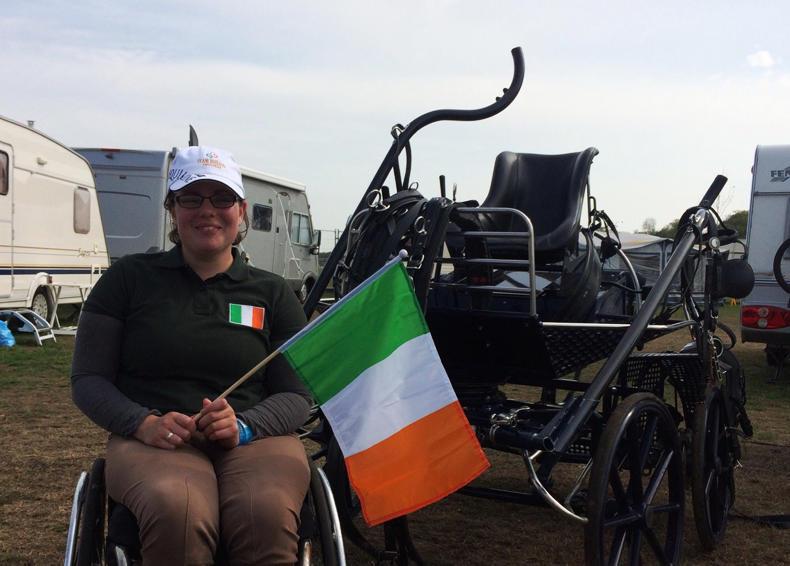AN extensive scientific study into the key priorities regarding sporthorse welfare has been conducted by the Sporthorse Welfare Foundation (SWF).
The research has resulted in experts calling for more education and research to support riders, trainers and federations, in addition to the rollout of a welfare charter and approved guidelines to ensure the wellbeing of sports horses and safeguard the future of equestrian sports.
Experts involved in international and national horse sports across a range of Olympic disciplines were consulted in the study which took into consideration the views of 104 active equestrian professionals spanning 24 different countries.
The panel agreed that the following aspects of equine management were essential to maintain horse health and welfare; Training management, competition management, young horse management, health status and veterinary management and horse-human relations.
The study failed however, to reach consensus on the matter of stable and environmental management, as well as welfare assessment with the majority of participants of the opinion that these aspects were already being well managed within the international horse community.
On the back of this first tranche of research, the experts involved have called for improved education and research and a dedicated welfare charter to inform best practice. It was also agreed that a universally agreed set of guidelines would also help to establish a social license to operate (SLO) for anyone involved in equestrianism.
The research is the first of its kind and was funded by the European Equestrian Federation, World Horse Welfare, Dutch Equestrian Federation, Belgian Equestrian Federation, Swiss Equestrian Federation, French Equestrian Federation, German Equestrian Federation, British Equestrian Federation, the International Dressage Riders and Trainers’ Club, the Sport Horse Research Foundation and Hartpury University.
The next steps will be to evaluate the opinions of other (non-elite) equestrians and the wider public on the results to date to identify and prioritise areas for further investigation.
SWF will also collate evidence to understand what practices are being implemented across different countries, disciplines, competitions, and individuals. By increased monitoring, record keeping, and research, they hope good practice can be identified and showcased to the wider equestrian communities and the public.
Finally, the SWF intends to work with national and international federations to provide education and guidance, policy development, and regulation to improve the management of sporthorse health and the understanding of best welfare practices.
Commenting on the study, equine scientist and President of the National Equine Welfare Council (UK) and founder member and current President of the Sport Horse Welfare Foundation, Dr David Marlin said: “This research is an important milestone for international equine welfare, providing an essential building block in the journey towards agreeing a universally accepted code of practice to ensure the health and wellbeing of horses all over the world.
“We look forward to sharing the next stage of research and moving closer to achieving our goal of establishing a benchmark for welfare excellence across all equestrian disciplines.”
Further information about the Sporthorse Welfare Foundation can be found at www.sporthorsewelfarefoundation.com




 This is a subscriber-only article
This is a subscriber-only article
 It looks like you're browsing in private mode
It looks like you're browsing in private mode










SHARING OPTIONS: